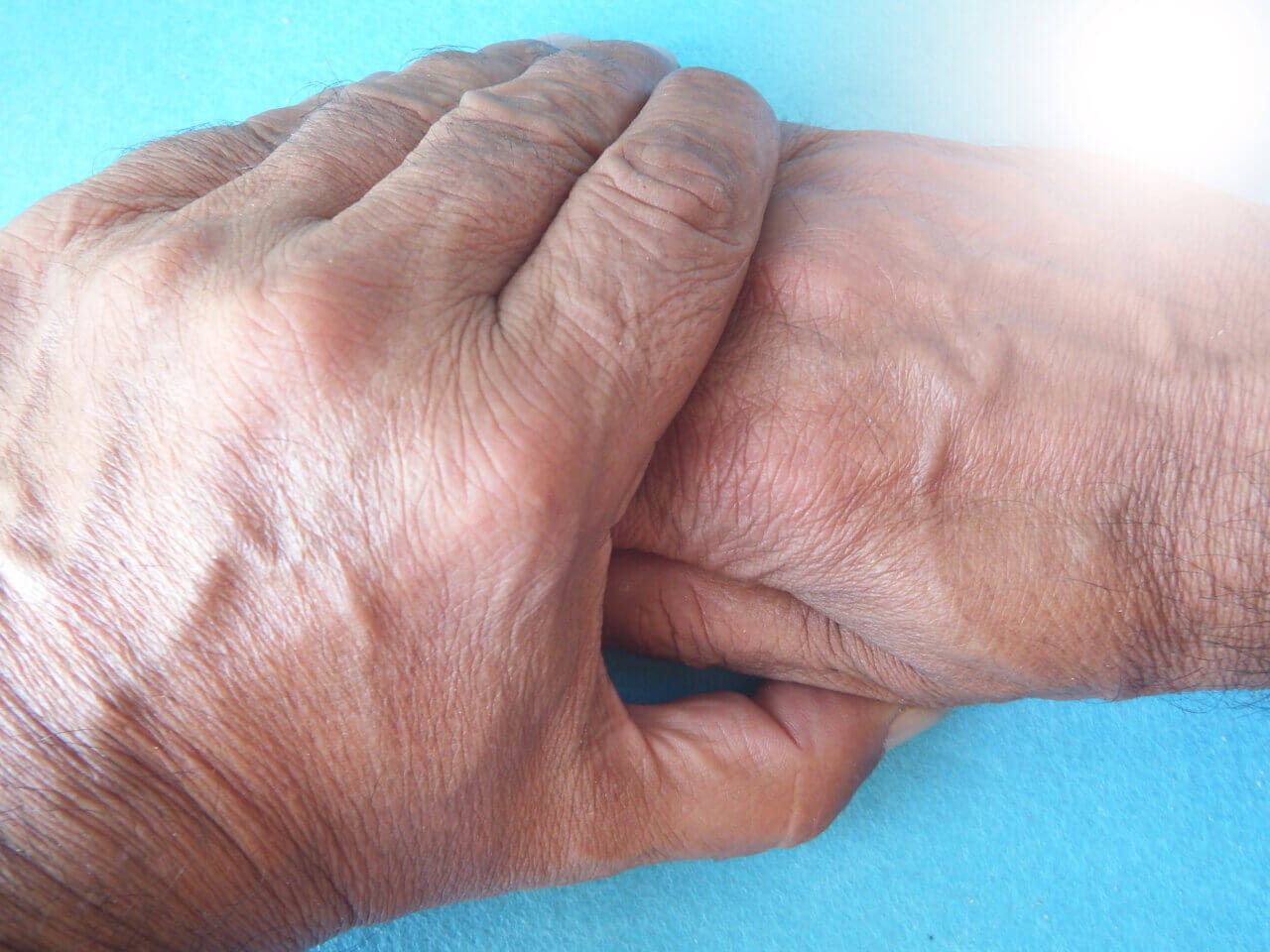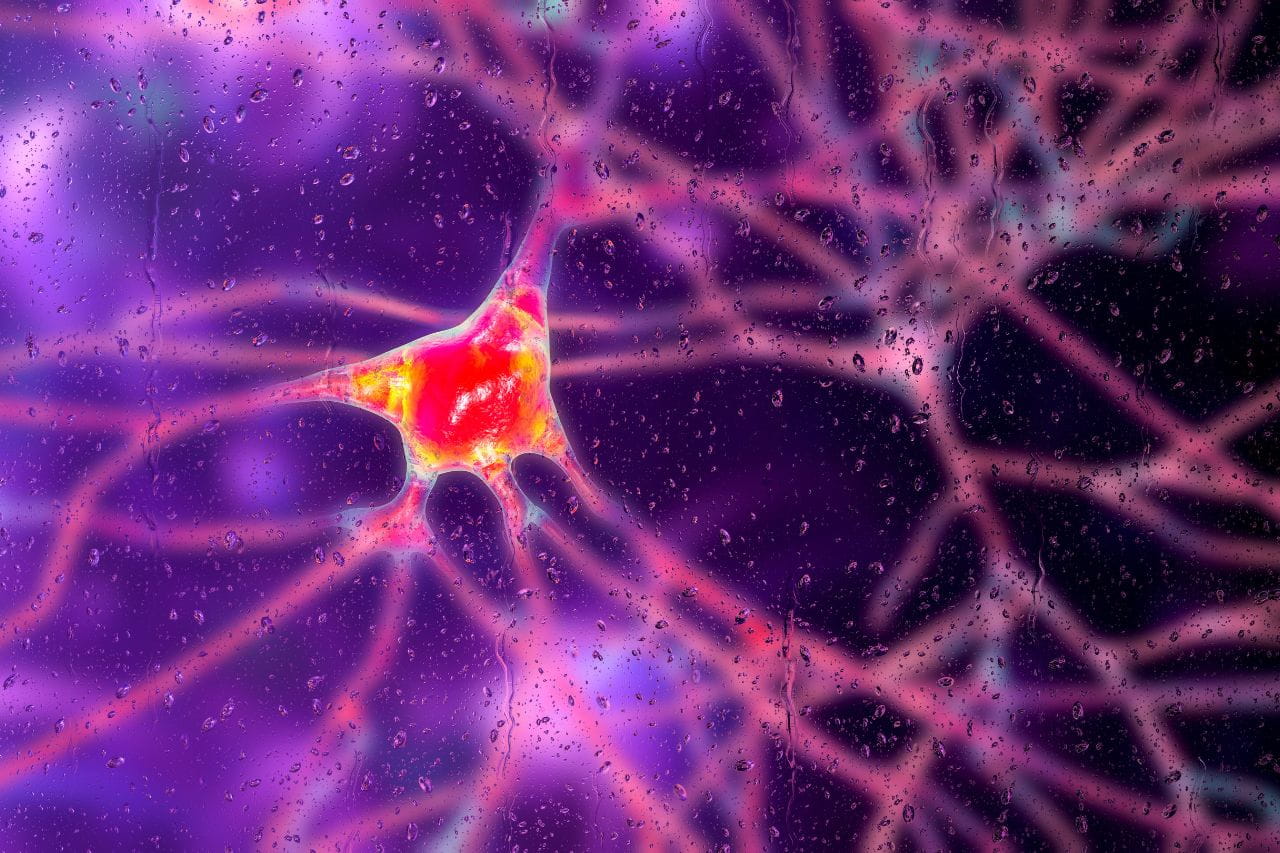What Can Mimic Parkinson’s Disease?

Parkinson’s disease is a condition of the central nervous system that affects a patient’s movement. Specifically, damage to nerve cells causes a drop in dopamine — a neurotransmitter or “chemical messenger” in the brain.
Parkinson’s Disease Symptoms
Parkinson’s disease causes several movement-related symptoms, including:
- Posture changes
- Impaired balance
- Tremors that often start in the fingers or hands at rest
- Muscle stiffness
- Slow movement
- Speech changes
Some of these symptoms may be present in diseases like Parkinson’s.
Conditions Similar to Parkinson’s Disease
Several conditions can mimic Parkinson’s disease, including:
- Dementia with Lewy bodies. This is a disorder in which abnormal protein deposits accumulate in multiple brain areas. Often, the first symptoms of this condition are issues with thinking and memory. Later, Parkinson’s-like symptoms like muscle stiffness and slow movement develop. In Parkinson’s disease, thinking and memory issues appear later in the course of the condition.
- Essential tremor (ET). This condition causes tremors in the forearms and hands, typically on both sides, when the limbs are active. It also causes tremors in the head and in the voice. Parkinson’s tremors usually start in one limb and are most pronounced at rest. People with essential tremor may have an increased risk of developing Parkinson’s disease.
- Viral parkinsonism. Viral brain infections, such as Western equine encephalomyelitis, encephalitis lethargica (sleeping sickness), Eastern equine encephalomyelitis, and Japanese B encephalitis, can cause Parkinson’s-like symptoms.
- Normal pressure hydrocephalus (NPH). In this disorder, cerebral spinal fluid that normally surrounds the brain and spinal cord don’t drain properly. The resulting accumulation causes slowed thinking, trouble walking, and loss of bladder control.
- Multiple system atrophy (MSA). MSA has additional symptoms besides those resembling Parkinson’s disease. They include the need to urinate urgently, frequently, or both, lightheadedness when standing, erectile dysfunction, and decreased sweating.
- Progressive supranuclear palsy (PSP). This condition mimics Parkinson’s disease most closely early in its progression. Later, unique symptoms develop, including eye movement limitations and trouble swallowing, speaking, thinking, and sleeping.
- Arteriosclerotic parkinsonism. Small strokes can cause brain damage. Depending on where that damage occurs, it can produce symptoms similar to Parkinson’s disease.
- Corticobasal syndrome (CBS). This rare, progressive, neurodegenerative condition typically starts with pain and abnormal posturing in one limb. A limb may also seem to “have a mind of its own.” Jerky muscle movements and trouble speaking are other symptoms.
Treatment of these conditions differs from that of Parkinson’s disease. Consequently, getting an accurate diagnosis is essential.
Understanding What Can Mimic Parkinson’s Disease
If you experience physical changes similar to Parkinson’s symptoms, it can be helpful to ask yourself — and talk with your doctor about — what diseases can mimic Parkinson’s. Your doctor will perform a physical exam and order tests that they’ll use to make an informed diagnosis.
Your primary care physician may also refer you to a neurologist, which is a doctor who specializes in neurological conditions. If you don’t have a Baptist Health physician, you can find one using our online provider directory.
Next Steps and Useful Resources
Dementia, Alzheimer’s and Parkinson’s
FAQs on Lewy Body Dementia


.jpg?rev=9ddf6790805749b994e44780efdfb13c)
